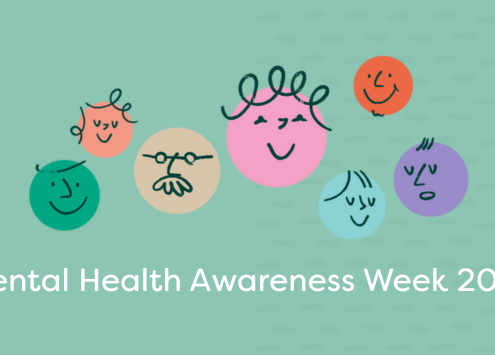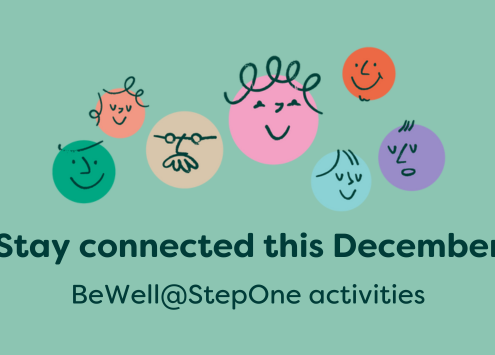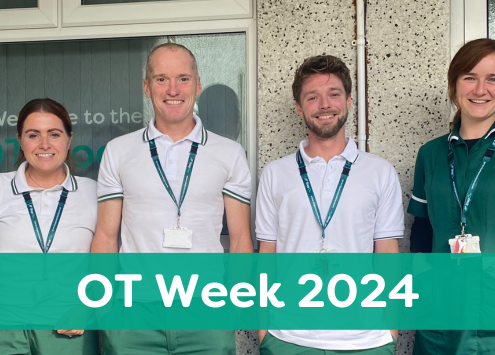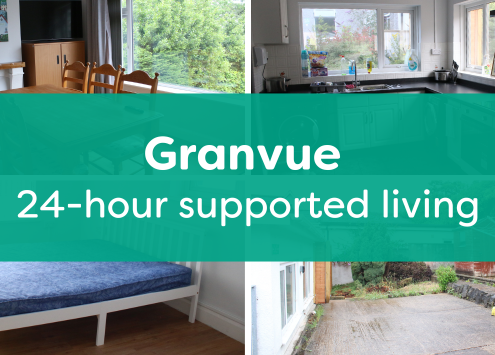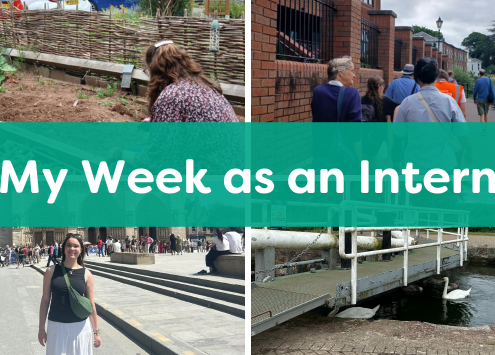 https://steponecharity.co.uk/wp-content/uploads/2025/07/Website-News-Headers-2024-37.png
355
700
Isaac Mann
https://steponecharity.co.uk/wp-content/uploads/2024/02/step-one-wellbeing.svg
Isaac Mann2025-07-03 08:06:532025-07-03 08:06:53My Week as an Intern at Step One
https://steponecharity.co.uk/wp-content/uploads/2025/07/Website-News-Headers-2024-37.png
355
700
Isaac Mann
https://steponecharity.co.uk/wp-content/uploads/2024/02/step-one-wellbeing.svg
Isaac Mann2025-07-03 08:06:532025-07-03 08:06:53My Week as an Intern at Step OneAs Eating Disorder Awareness Week is wrapping up, we are taking this opportunity to educate our supporters on eating disorders, discuss the different types of eating disorders and provide useful resources for those that may be — or know someone who is — suffering from an eating disorder.
What is an eating disorder?
Eating disorders are serious mental illnesses affecting people of all ages, genders, ethnicities and backgrounds.
An eating disorder is when you have an unhealthy attitude towards food which can take over your everyday life and make you very poorly.
Food plays an important part in all of our lives and we all spend time thinking about what we have eaten, or what we’re going to eat. However when you have an eating disorder, you will often eat too much or too little and become obsessed with your weight and appearance.
Many people believe if someone has an eating problem, they will noticeably appear under or overweight –this is not true! Anyone regardless of their weight, age or gender can be seriously affected by an eating disorder.
Types of eating disorders:
Anorexia nervosa
When you try to keep your weight as low as possible by not eating enough food, exercising too much or both.
Bulimia
When you sometimes lose control and eat a lot of food in a very short amount of time and are then deliberately sick, use laxatives, restrict what you eat, or do too much exercise to try and stop yourself gaining weight.
Binge eating disorder
When you regularly lose control of your eating, eat large portions of food all at once until you feel uncomfortably full, and then are often upset or guilty.
Other specified feeding or eating disorder (OSFED)
When your symptoms don’t exactly match those of anorexia, bulimia or binge eating disorder, but it doesn’t mean it is a less serious illness
What can cause eating disorders?
We don’t know exactly what causes eating disorders. However you may be more likely to get an eating disorder if:
- You have been criticised for your eating habits, body shape or weight
- You or a family member has a history of eating disorders, depression or a drug addiction
- You are involved in a career which promotes being thin and weight loss
- You have anxiety, low self-esteem, an obsessive personality or you are a perfectionist
- You have been sexually abused or suffered severe trauma in childhood
It can often be very difficult to identify that a loved one or a friend has developed an eating disorder
Warning signs to look out for include:
- Dramatic weight loss
- Lying about how much and when they have eaten or how much they weigh
- Eating a lot of food very fast
- Going to the bathroom a lot after eating, often returning feeling flushed
- Feelings of anxiety about eating or digesting food
- Obsessively exercising and sticking to a rigid diet
- Cutting food into small pieces or eating very slowly
- Avoiding eating with others or eating in secret
- Checking bodyweight and comparing to others
- Developing physical health problems
The first aid procedure for eating disorders
If you believe someone may have an eating problem, choose an appropriate place and time to speak to them where you will both feel comfortable and won’t be disturbed
- Avoid approaching the person before, during or after meal times as this could make them feel uncomfortable and they may not want to talk about their situation
- When the timing is right, tell the person why you are worried in an open and honest manner and ask how they are feeling
- Do not centre the conversation around food or bodyweight as this could make them feel worse
- Show empathy and listen non-judgementally
- Allow the person plenty of time to discuss how they are feeling
- You will need to explain to the person that you think their symptoms indicate a need to seek professional help
- Assist and signpost to professional support such as their GP, if it’s appropriate. Ask them if they have a trusted family member or friend who can assist and support them
Signposting for eating disorders
If you need urgent help with your mental health, use one of the helpline services below. If you feel as though you or someone else is at risk of immediate harm, please call 999 immediately.
Beat
Helpline: 0808 801 0677
Email: help@beateatingdisorders.org.uk
Anorexia & Bulimia Care
Phone: 0300 011 1213
YoungMinds
Text YM to 85258 or visit https://www.youngminds.org.uk/
Samaritans
Helpline: 116 123
Email: jo@samaritans.org
Childline
Helpline: 0800 11 11
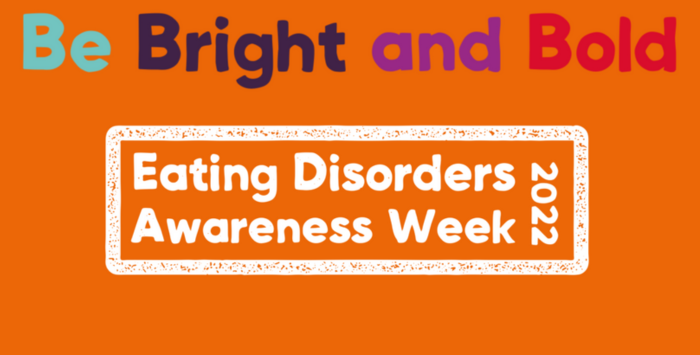
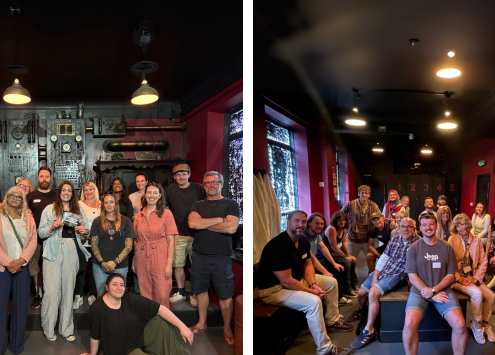
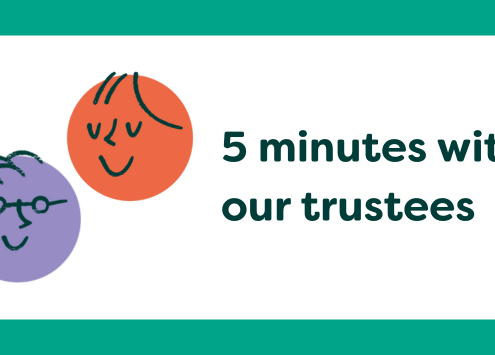
![Graphic with quote reading: “You met me at one of the most difficult times and seeing the difference you’ve made is amazing [...] Please keep doing what you do. You change lives.”](https://steponecharity.co.uk/wp-content/uploads/2025/04/Website-News-Headers-2024-33-495x355.png)
